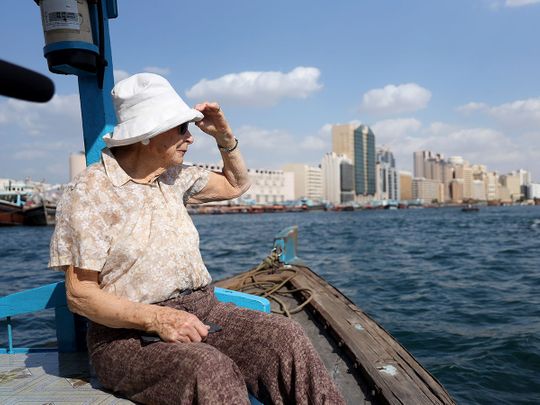
Highlights
- Julian Bullard began working for the UK Foreign Service in 1953, and was posted to a number of cities, including Vienna, Amman, and Bonn
- Margaret moved to what was then known as the "Trucial States" with her husband, where he worked as a political agent in Dubai representing the British government from 1968 until 1971
- The role of the political agent was to offer advice to the sheikhs, while ensuring that peace was maintained between the states
- In 1969, Margaret founded the emirate's first library, which is now known as the Old Library
Dubai: It was the last week of September in 1968, Seattle, when the Boeing 747 was unveiled to the world and the age of the jumbo jet had just begun.
Nearly 12,000 kilometres away, on September 28, Lady Margaret and her husband Sir Julian Bullard, meanwhile, were flying to Dubai from Beirut, and landed on a 1,800-metre runway at Dubai Airport.
“I was shocked,” said Margaret, now 90, recalling her first impressions of Dubai.
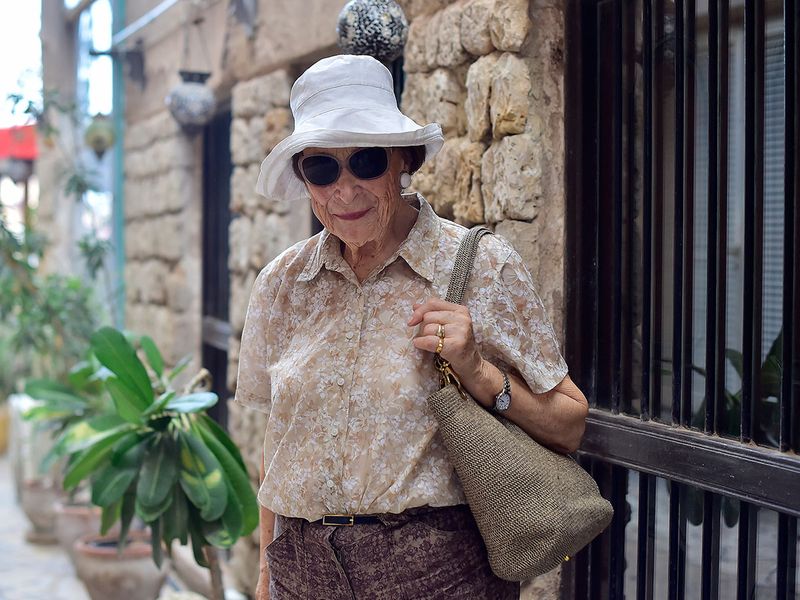
At the time, the Trucial States — the precursor of the United Arab Emirates — was a British Protectorate that operated under the Foreign Office in London.
By World War II, the role of the political agent had already been introduced. It was his responsibility to represent the British government, as well as maintaining a channel of communication with the coastal sheikhs.
The political agent was also accountable in offering advice and assistance to the sheikhs while maintaining peace between the Trucial States.
Arabic-speaking political agent
Julian Bullard, who was born in Athens 1928, had been working for HM Foreign Service since 1953, and during his spare time, had taken up the challenge to learn Arabic while serving a number of posts in Vienna, Amman, Bonn and Moscow.
Being familiar with the Arabic language and the Arab world proved to be a great advantage to Bullard, whose credentials led him to become one of the last political agents in Dubai from 1968 to early 1971.
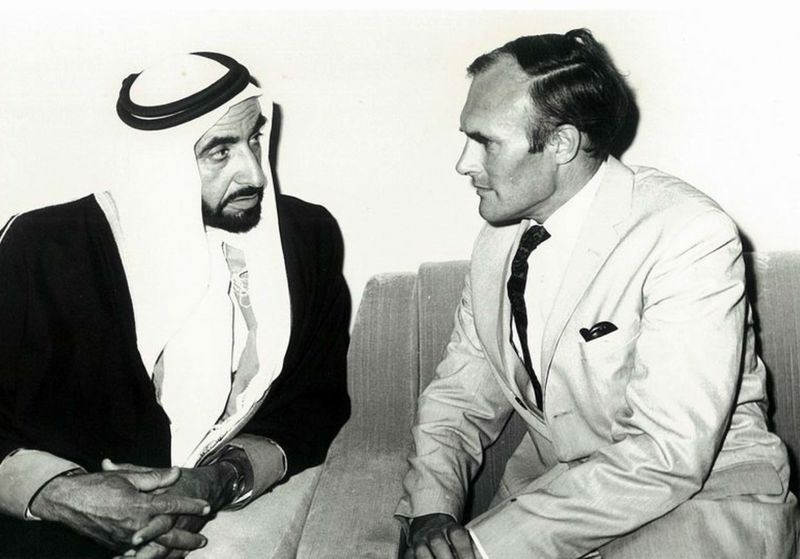
Thirteen years after her husband’s death, Margaret returned to Dubai for a visit. She took Gulf News down memory lane as she reminisced about life in the emirates prior to the formation of the union.
“The airport was just one office with a tarmac runway, and on it, were hundreds of trolleys labelled ‘Gold’. There was a firm called Johnson Matthey in England that dealt with gold, and there were boxes and boxes labelled Johnson Matthey, Johnson Matthey, Johnson Matthey,” laughed Margaret, as she remembered her astonishment in seeing so much gold at one time.
From the airport, the gold bars were then shipped to India via wooden dhows, away from the eyes of the navy.
“Indians didn’t allow the import of gold because that didn’t help commerce. Gold was good for decorating ladies and filling teeth, otherwise there was no use,” she said.
“I was told that everybody in Dubai had a one 5-tola (50 grams) gold bar that they had invested, hoping to get the value of 10-tola (100 gm) back again when it was sold in India. If [the sailors] were caught near the Indian navy, they would send a message back to Dubai and say ‘Mother very ill, situation not hopeless.’ And if it looked a bit more hopeless, they would drop the gold down and leave a buoy so they could come back and pull it up. But if they were caught and the Indians took the gold, they would write ‘Regret to say, mother died’.”
Bullard’s first mission
Within the first four days of the couple’s arrival to Dubai, Bullard received his first assignment from England and was given the task of confirming the sheikhs’ boycott against Rhodesia [currently Zimbabwe], which was seeking independence from the Crown.
“My husband didn’t speak very much Arabic and he certainly didn’t know to explain ‘boycott’ in Arabic. He spent most of the night with a dictionary trying to think of what he was going to say to the different sheikhs,” said Margaret, as she furrowed her eyebrows deep in thought.
“He set off at about three o’clock in the morning to Fujairah because he was the furthest away, and then he went to Ras Al Khaimah and then all around, and finally got to the Ruler of Dubai, Sheikh Rashid [Bin Saeed Al Maktoum] at around 10am before it got too hot. Sheikh Rashid listened and said: ‘And the Queen wants my support in this? You think if I add my name it will make a difference?’ And my husband replied that the Queen would be very grateful if Sheikh Rashid could add his support,” she recalled.
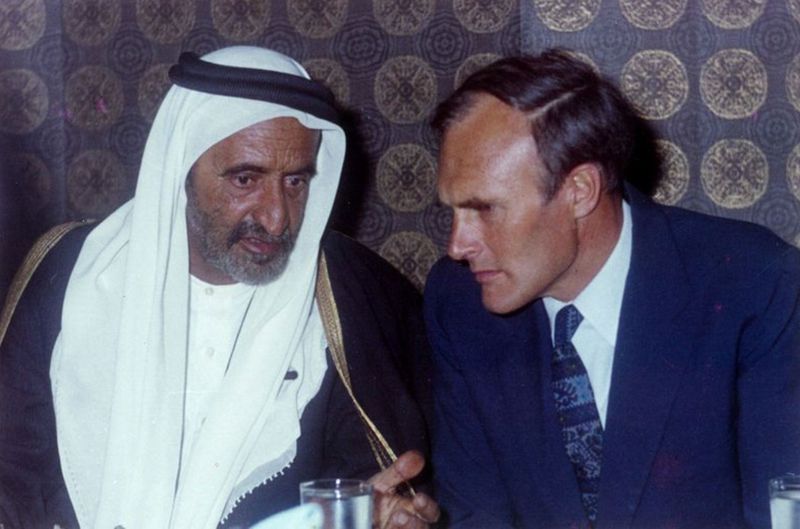
“So Sheikh Rashid agreed, and my husband was able to send a telegram to London to say that all the rulers were supporting the Queen, 100 per cent. But I am afraid the boycotting of Rhodesia was not a successful operation."
Dredging Dubai Port
The duty of the political agent was to ensure that the rulers conformed to the treaty of 1820, which guaranteed a truce between the states, and by 1853, had also included to cease hostilities at sea.
“Technically we were protectors, so we didn’t rule, but we saw to it that the rulers stuck to the treaty that they had signed,” she explained. “When women took water from the wrong well and the other people said they were going to shoot or capture [them], that was the kind of business my husband attended to… to try and make boundaries so that there would not be disputes between one state and another.”
Occasionally, political agents were also required to offer advice to the rulers of the sheikdoms, which at times were not heeded. But in the port’s development, for example, Sheikh Rashid’s gut instinct to reject the advice of the British worked out for the best.
Margaret recollected the day when Dubai Creek was dredged in order to make way for a port, which was necessary for ships to come in if Dubai intended to grow.
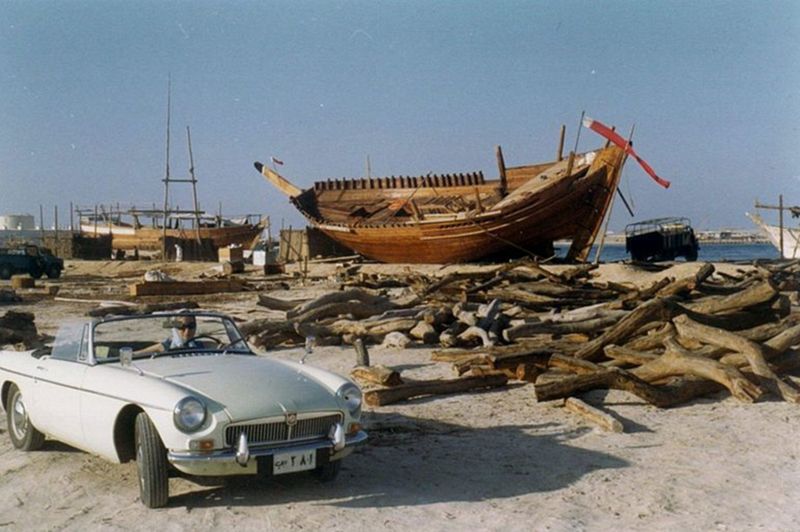
“So an English company sent around experts and there was a meeting, which my husband and important people attended, and they all recommended that a port be built with a berth for four ships at one time,” she said.
Sheikh Rashid listened and much to everyone’s surprise, then dismissed the suggestion and insisted that eight berths be built instead of four. The Englishmen were taken aback as they could not fathom where the eight ships would come from, let alone understand why anyone would want to come to Dubai.
“And then Sheikh Rashid looked and said he wanted 16 berths! I think at the end they they agreed on 15 berths. Everybody laughed at Sheikh Rashid, well, they laughed but not too loudly. They all thought it was a complete waste of money.
“The very first month when the port was finished, every single berth was full and they had all come for water because this was the only port in the Gulf where there was sweet water. All the ships came to buy water before they ever came for oil.”
Home away from home
The Bullards resided in a compound along Al Seef Road, which is now known as the British Embassy. The house had just been completed when the political agent and his wife moved in, and although it was located next to the creek, there was nothing outside but sand as far as the eye could see.
With a penchant for gardening, Margaret decided right there and then that she would plant her own garden patch outside the compound walls, which were also guarded by a fence.
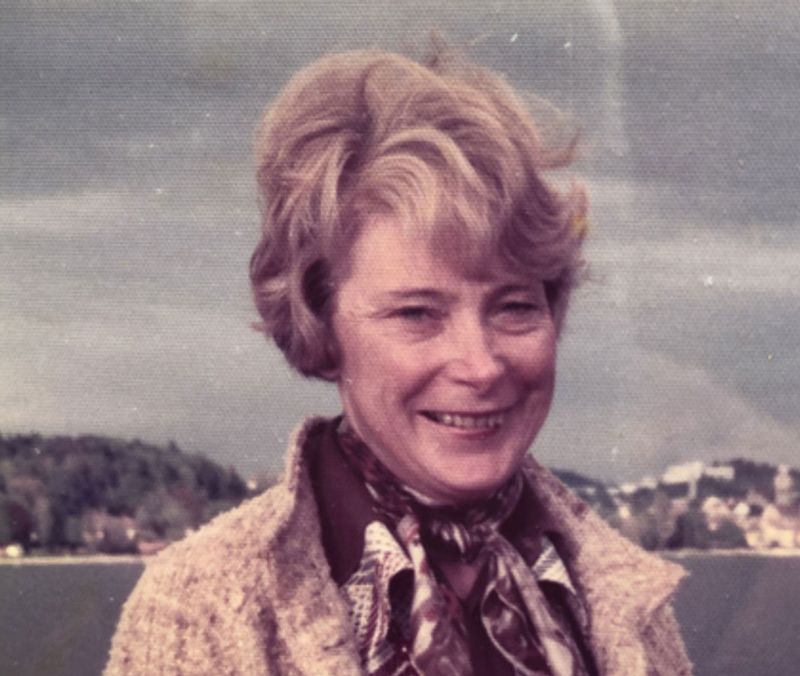
“I went to Bahrain and stayed there with a friend, who took me to a botanic garden where I got masses of stuff, and filled a small airplane with grass and seedlings. I arranged them as I thought they ought to be, and sent two gardeners down to the souk who brought back bags of dung from the camel market, and dug them in. Before we could put a bit of water, up came tomatoes everywhere, and we grew our own tomatoes for a long time.”
That same garden patch still stands today inside the walls of the British Embassy, filled with palm trees, desert roses and all sorts of local flowers and plants.
However, managing a house also required the hiring of a good cook, which Margaret struggled to find. Eventually, a friend who ran a small Indian hotel recommended a young, charming man from Goa who was popular in the vicinity for his succulent dishes.
“One day, I went down to see the cook to talk about what we were going to have to eat and looking through the window, I saw three very fiercely dressed Arabs with ammunition and rifles, and they had hawks on their wrist,” she chuckled, as she remembered the three men squatting in the sand.
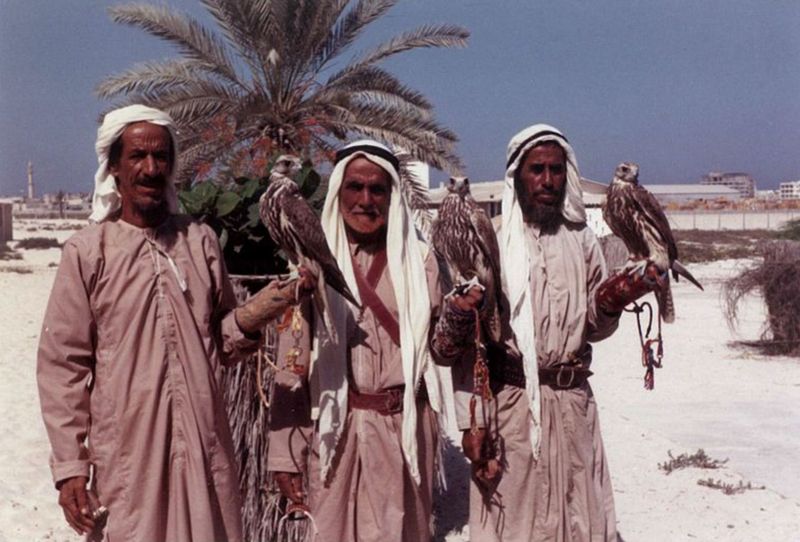
“The ruler had sent them to learn how to bake roast potatoes. If I left any mark during my stay in Dubai, perhaps I had something to do with Dubai's first library, and maybe even for my recipe of roast potatoes.”
The first library started by accident in 1969, Margaret humbly said, when an English regiment training in Sharjah were receiving toys and books from one of the soldier’s grandmothers.
As the soldier didn’t care much for toys or books, he decided to donate them to an English school in Dubai, which the headmistress couldn’t keep as they were much too complicated for the young school children.
“They ended up [with me] because my house was the largest with air conditioning, and had a room with shelves in it. That summer, I went back home to England and bought a whole lot of second-hand books, and also got the Royal Air Force to bring several boxes of books back,” she said, pointing out that some books were also donated by those who worked on the oil rig.
“But then my husband got worried about people coming into the agency, because for security reasons, you couldn’t have people coming from the streets to change their books.”
A solution was soon found, thanks to Bullard, who converted his unused office in Deira into what was to become Dubai’s very first library.
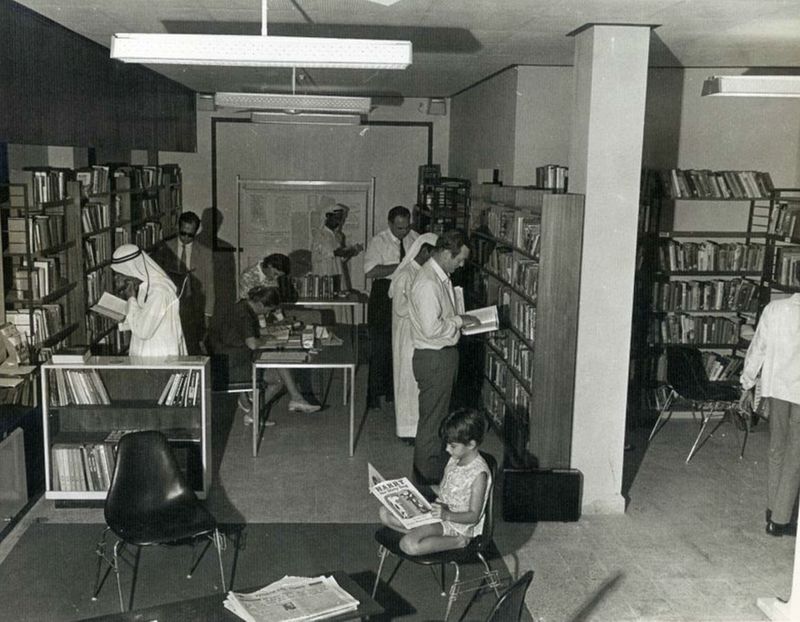
“Dubai was not like any other post in the world”
After spending some time in Dubai, Bullard soon became known as Al Mu’tamad (the certified), and was given a great deal of respect by the local people.
“They didn’t seem to think of him as a representative of a beastly foreign country that had no business to be here at all. They were all pleased to see him,” explained Margaret.
Part of the job as a political agent also meant that the Bullards were expected to receive dignitaries, such as prime ministers or foreign secretaries, who were all eager to visit Dubai as news was travelling fast about how the pearling village was changing into something great.
“It was not like any other post in the world because there was no 9-5 office job. When my husband left [in 1971] he said it was the most enjoyable post he had… Dubai was a splendid place, and it was a splendid job in a splendid country.”
And what does Margaret think of the change?
“The startling thing is how clean it is. It was very dusty in those days and all the roads were with rubbish, which were eaten by goats. It’s amazing how everything looks, as if it has just been washed. And the standard of food is incredible, you wouldn’t have thought Dubai was the place for delicious food in the days when I was here.”








